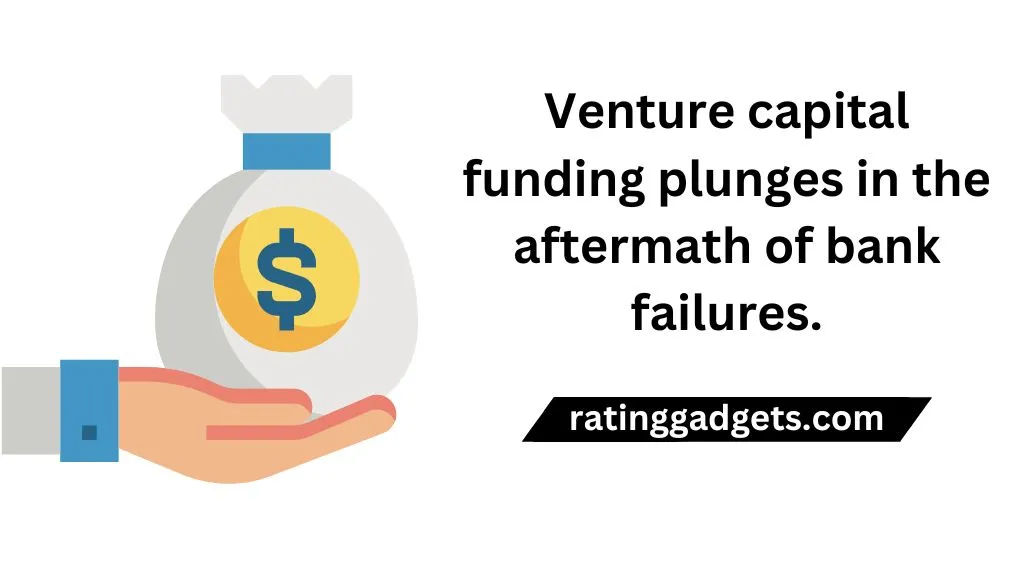
Venture capital funding plunges in the aftermath of bank failures.
Deals are resumed by Silicon Valley Bank, although seed money will probably still be limited.Following bank failures that reduced funding choices, venture capital lending to startups has significantly decreased; nevertheless, the second half of the year may seem somewhat more hopeful for businesses looking to raise cash.
A major venture capital source, Silicon Valley Bank, located in Santa Clara, California, has gradually increased financing to entrepreneurs once more.1.First Citizens Bancshares of North Carolina acquired the bank following its seizure by the Federal Deposit Insurance Corp. (FDIC) in mid-March.
However, according to David Spreng, founder and CEO of venture capital lender Runway Growth, lenders have become more picky despite the ongoing high demand for financing from entrepreneurs.
Spreng remarked, "We're being patient." "The bar is higher in terms of underwriting."
Read also:
- Unicorn: What It Means in Investing, With Examples
- How to Secure Funding for Business Startup Costs
- Digital Health Startups that Could Join the IPO Wave
Lending Freefall
The number of debt deals secured by startups dropped considerably in the first half of the year, according to venture capital data provider PitchBook. The amount they received in those deals fell even more.
Startups garnered $6.34 billion in 931 debt deals in the year's first half, PitchBook said. The number of deals declined 38% from 1,513 in the first half of 2022, and the total funding amount plunged 68% from $20.1 billion.2
That means that average loan size also fell by about half, to $6.8 million from $13.3 million.
PitchBook noted that the opaque nature of the venture capital debt market means additional data in the months ahead will provide a clearer view of the venture capital market in the first half.
Some startups have yet to file second quarter financial statements, and startups refinancing after this spring's bank failures may account for some of the first half's new loans.
Market Void
Even though Silicon Valley has boosted lending recently, First Citizens said in May it expects the value of the bank's loan balance sheet will fall to about $61 billion this year. That's down from $69 billion at the time of the acquisition.3
"Since SVB's collapse, lenders have reported they have not seen other banks stepping up to replace the specific function that made SVB so unique," said Kaido Gao, a PitchBook analyst.
Meanwhile, Spreng said lenders have begun demanding more favorable terms, including tighter covenants, and higher interest rates. They also emphasized more visibility on startups' forecasts for when they will begin producing a profit or positive cash flow.


